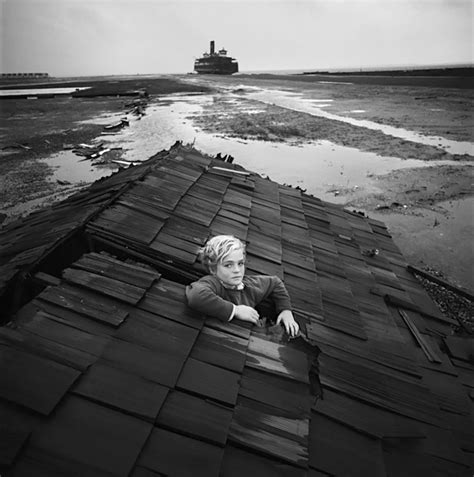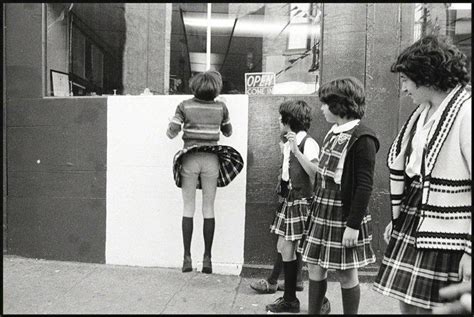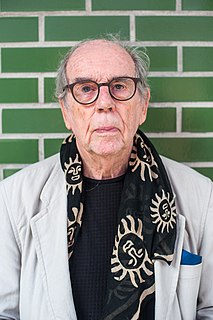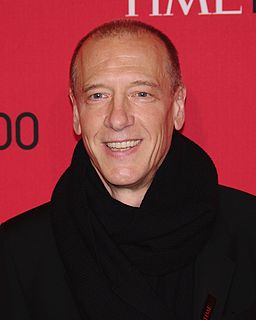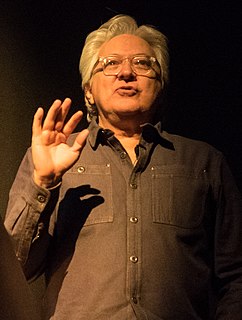A Quote by Peter Lindbergh
I started photography more or less by accident when I was already 27. I was taken on as an assistant by a photographer who was a friend of a friend and I very quickly understood the potential of expression in photography.
Related Quotes
To us, the difference between the #? photographer as an individual eye and the photographer as an objective recorder seems fundamental, the difference often regarded, mistakenly, as separating photography as art from #? photography as document. But both are logical extensions of what photography means: note-taking on, potentially, everything in the world, from every possible angle.
Photography has an amazing ability to capture the fine detail of surface textures. But far too often these intricate patterns are loved by the photographer for their own sake. The richness of texture fascinates the eye and the photographer falls easy prey to such quickly-caught complexities. The designs mean nothing in themselves and are merely pictorially attractive abstractions. A central problem in contemporary photography is to bring about a wider significance in purely textural imagery.
Traditionally, photography has dealt with recording the world as it is found. Before photography appeared the fine artists of the time, the painters and sculptors, concerned themselves with rendering reality with as much likeness as their skill enabled. Photography, however, made artistic reality much more available, more quickly and on a much broader scale.
Different levels of photography require different levels of understanding and skill. A "press the button, let George do the rest" photographer needs little or no technical knowledge of photography. A zone system photographer takes more responsibility. He visualizes before he presses the button, and afterwards calibrates for predictable print values.
"You know you are seeing such a photograph if you say to yourself, "I could have taken that picture. I've seen such a scene before, but never like that." It is the kind of photography that relies for its strengths not on special equipment or effects but on the intensity of the photographer's seeing. It is the kind of photography in which the raw materials-light, space, and shape-are arranged in a meaningful and even universal way that gives grace to ordinary objects."



